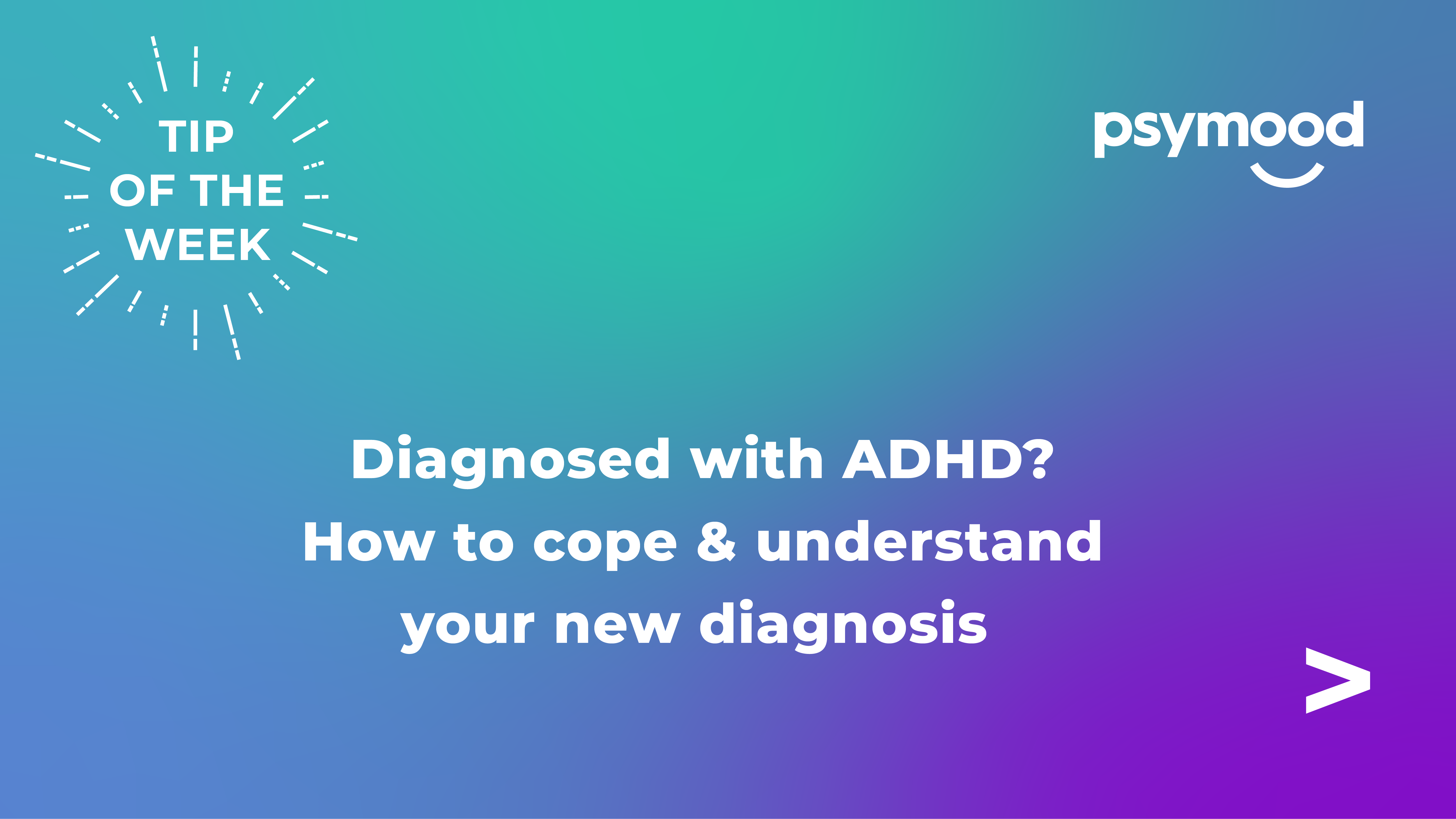As the stigma around mental health continues to be shattered, we are proud to see more people than ever reaching out for assistance. This month in Canada is marked as the Mental Health Month. As a platform that prides itself in offering mental health services to users with their cultural background and language in mind, we want to use this month and our platform to give you more insightful information on some of the most common mental health conditions.
What is ADHD?
ADHD, also known as attention deficit hyperactivity disorder, is increasingly being diagnosed across Canada, with over 1.1 million Canadians as of 2018, being diagnosed with the condition. People are most commonly diagnosed with ADHD as children, however those with less common symptoms can result in a diagnosis later on in life. ADHD is a condition that affects someone’s behaviour due to areas of their brain being affected, this can include a differing approach to solve problems, plan ahead, understanding others’ actions and impulse control. People with ADHD may appear to have problems concentrating, being restless and also acting impulsively.
The symptoms of ADHD
The symptoms of ADHD depend on the age of a person, as children and teenagers demonstrate the condition differently, however the most common symptoms of ADHD can be identified as:
- having a short attention span and being easily distracted
- difficulty listening or carrying out instructed tasks
- excessive moving or talking
- acting without listening
- little or no sense of danger
How to cope with ADHD
Although people are becoming more aware of the condition, it is still a challenge being diagnosed and even harder learning to live with a new diagnosis. However, a diagnosis can be a great start to learning how to cope to live a fulfilling life with a condition that has plenty of scientific research behind it. Some of the best ways to live with ADHD can include:
- Plan ahead: setting routines and planning ahead whether for a day out or long trip is a great way to encourage a sense of normality and reduce any concern around uncertainty that arises with those with ADHD
- Social situations: understand that those with ADHD can become overstimulated through busy social situations and become anxious with excessive noise or social interactions
- Speak to someone: therapy is a great way to handle a new diagnosis, especially with specialists that are trained in ADHD coping mechanisms. Therapy can be a great way to understand your emotions, past experiences that have caused trauma and how to create a lifestyle that can align with your future goals to live a fulfilling life.
At PsyMood we are always ready to listen after a new diagnosis. We have over 350 specialists from around the world here to assist you. Contact one of our specialists for a FREE 15-minute intake session today and speak to someone from your cultural background that speaks your native language. Join today to start your mental health journey!


.png)
.png)
.png)
Recent Comments